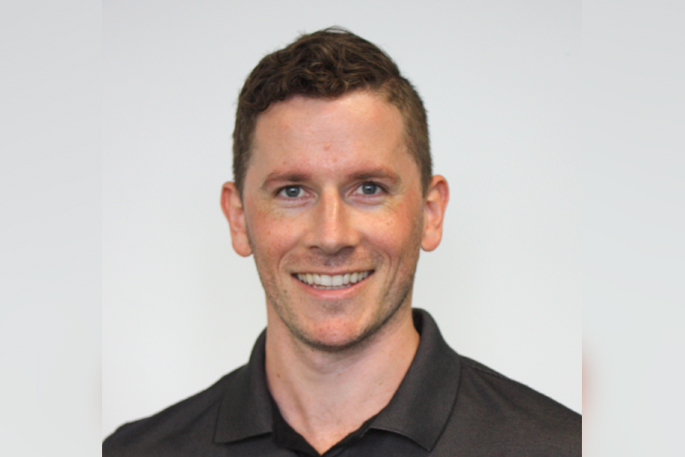Caleb Higham is an ‘information broker’ between farmers and associated organisations in the management and disposal of dairy effluent.
From a farming background in South Waikato and with a PhD in water use on dairy farms, Caleb has taken on a new position as environmental change specialist for the Waikato and Bay of Plenty at DairyNZ.
Caleb says the role sees him communicate relevant government and Waikato Regional Council policy to farmers. This also includes a close association with dairy companies in the region.
“It’s about joining people up,” says Caleb. “Giving farmers the right resources and programmes.”
A key tool he’s worked on is an upgrade of DairyNZ’s Dairy Effluent Storage Calculator. Caleb says the more user-friendly version, on the Dairy NZ website, helps farmers manage effluent properly.
The calculator uses information based on a particular farm operation, including location, herd size, soil type and rainfall.
From this, the programme calculates a farm’s effluent storage requirements. Caleb says a majority of farmers use ponds, tanks or bladders for storage, with material ultimately irrigated onto pasture.
“Adequate storage is vital when pastures cannot absorb the nutrients and there is a risk of it entering waterways.” This is in line with regional council policy.
Dairy NZ has an online farm dairy effluent planning guide, while also getting its message out to farmers via e-newsletters and social media.
Caleb says the farmer levy organisation hosts discussion groups across the region, with its consulting officers sharing information to farmers. “Farmers learn from other farmers,” says Caleb. “They have the practical expertise.”
Caleb says feedback has shown that if some farmers could go back in time they would add more storage capacity to their dairy effluent disposal systems. “It costs a lot to do it later.”
Caleb says greater storage capacity allows for an increase in herd size “and gives farmers more flexibility in their disposal system”.
His role is all about providing options to farmers. He stresses it is also important to have a “consistency in messages” from Dairy NZ, the regional council and dairy companies to farmers.
DairyNZ offers advice to farmers on effluent pond safety – fencing/signage/access/exit – for children and farm animals.
Also online is an ‘Effluent WoF’, a programme which Caleb says is particularly useful for those taking on a new farm. For more information, check out: https://www.dairynz.co.nz/environment/effluent/



0 Comments
Leave a Comment